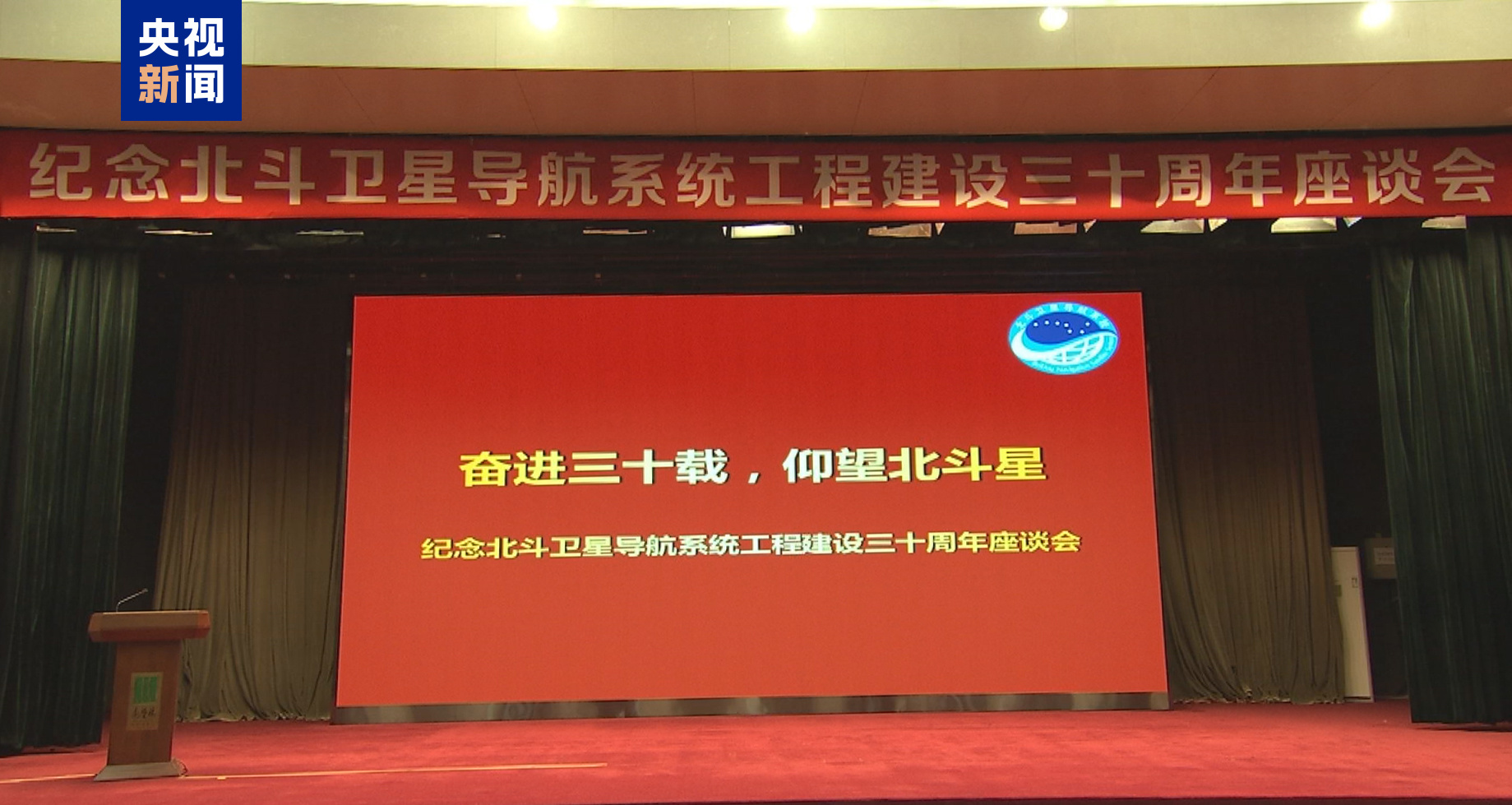

Today (November 28), the China Satellite Navigation System Management Office held a symposium in Beijing to commemorate the 30th anniversary of the BeiDou Satellite Navigation System project. At the meeting, the "Development Plan for the BeiDou Satellite Navigation System by 2035" was announced. According to the plan, in the future, China will develop a next-generation BeiDou system that is technologically advanced, more powerful, and offers higher-quality services, all while ensuring the stable operation of the BeiDou-3 system.
The next-generation BeiDou system will be characterized by "precision and reliability, seamless access, intelligence, networking, and flexibility," providing global users and other positioning, navigation, and timing systems with real-time high-precision navigation and timing services at decimeter-level accuracy across vast open areas as well as near-Earth space.
The next-generation BeiDou system will
optimize the constellation architecture to create a mixed constellation of high, medium, and low Earth orbit satellites, significantly enhancing the precision of space-time reference maintenance and autonomous operational capabilities, while continuously improving service performance;
construct an integrated and efficient ground system for flexible resource scheduling, data sharing, and continuous business operation;
cover user terminals ranging from surface to deep space, and integrate various user terminals with other non-satellite-based positioning, navigation, and timing methods, enabling users to achieve high precision and intelligent use across multiple scenarios.
According to the plan,
by 2025, key technologies for the next-generation BeiDou system will be tackled;
around 2027, three pilot experimental satellites will be launched to test new technologies;
around 2029, the launch of satellites for the next-generation BeiDou system network will begin;
and by 2035, the construction of the next-generation BeiDou system will be completed.